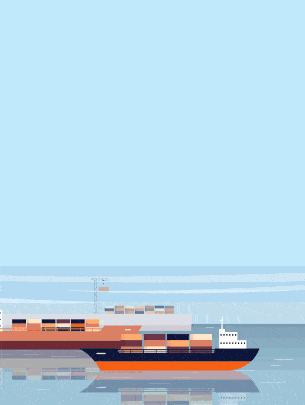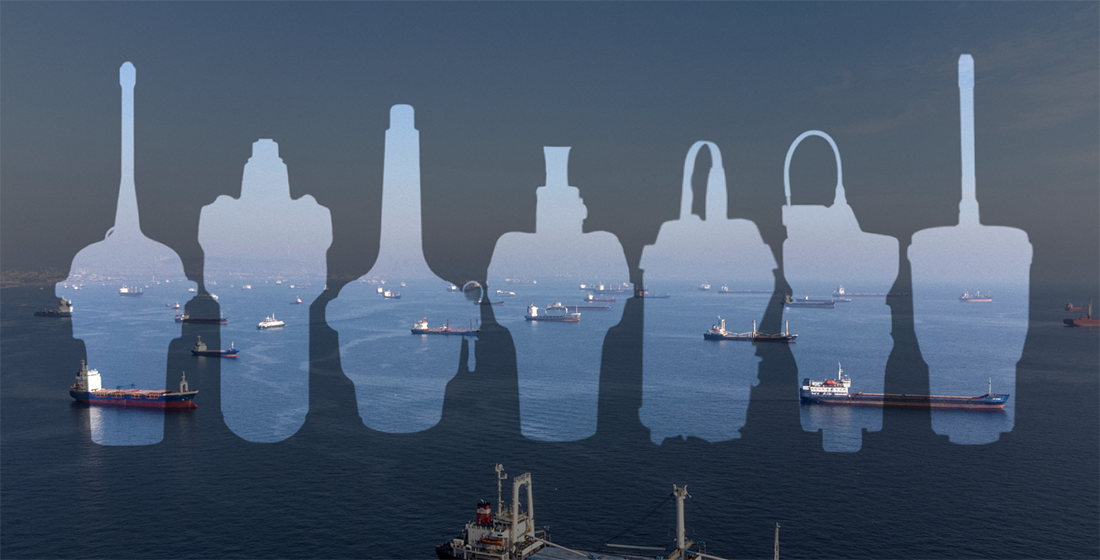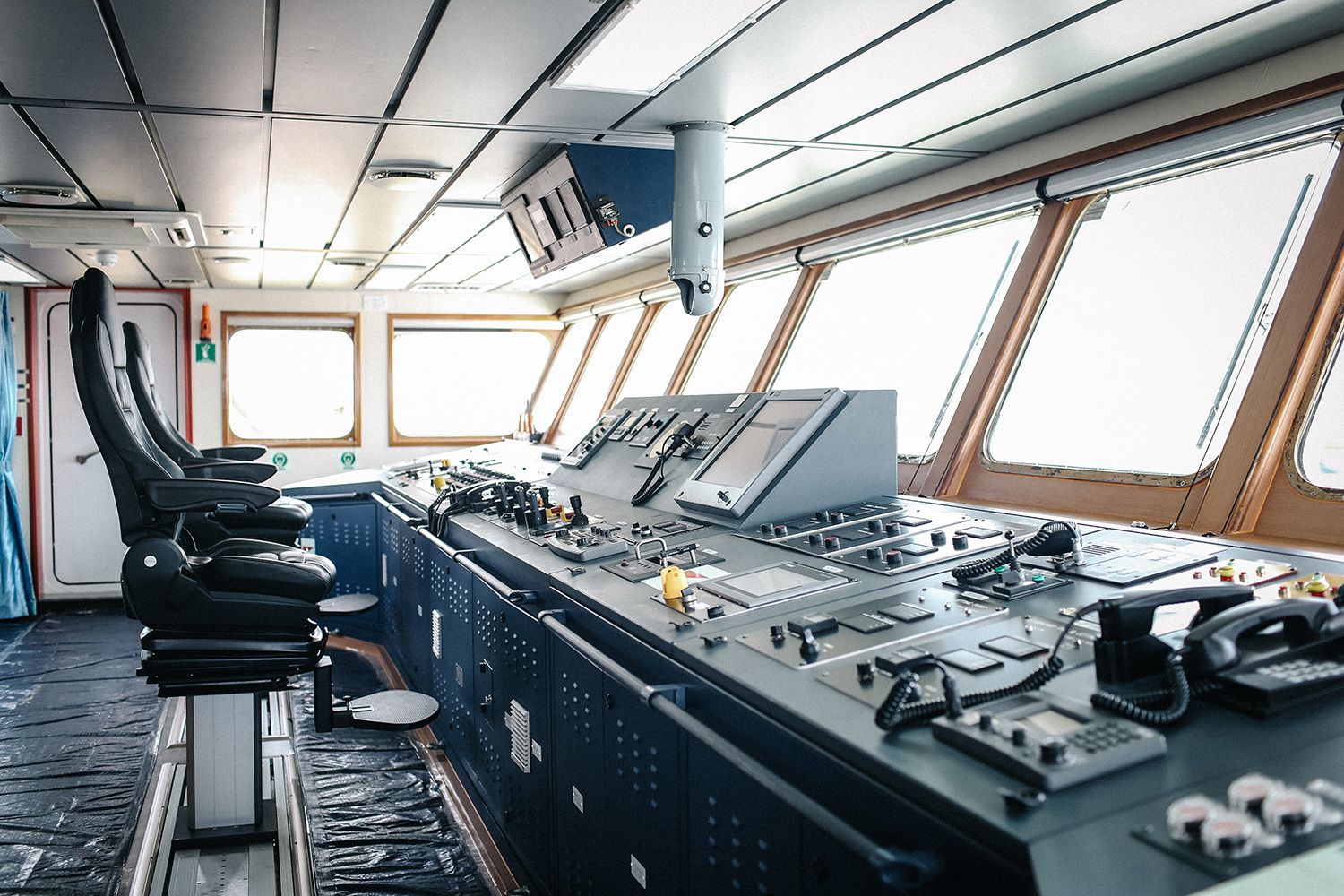The International Maritime Organization (IMO)
IMO – the International Maritime Organization – is the United Nations specialized agency with responsibility for the safety and security of shipping and the prevention of marine pollution by ships.
The first tries to commonly regulate shipping and navigation were made in 1914 after the Titanic disaster. Inter-Governmental Maritime Consultative Organization or IMCO (the name of IMO until 1982) was formed to fulfill a desire to bring the regulation of the safety of shipping into an international framework, for which the creation of the United Nations provided an opportunity.
When IMCO began its operations in 1958 certain other pre-existing instruments were brought under its aegis, most notable the International Convention for the Prevention of Pollution of the Sea by Oil (OILPOL) 1954. Throughout its existence IMCO, renamed the IMO in 1982, has continued to produce new and updated instruments across a wide range of maritime issues covering not only safety of life and marine pollution but also encompassing safe navigation, search and rescue, wreck removal, tonnage measurement, liability and compensation, ship recycling, the training and certification of seafarers, and piracy. More recently SOLAS has been amended to bring an increased focus on maritime security through the International Ship and Port Facility Security (ISPS) Code. The IMO has also increased its focus on air emissions from ships.

IMO is a specialized agency of the United Nations, and it is the international standard-setting authority for the safety, security and environmental performance of worldwide shipping. Its main purpose is to adjust fair and effective regulatory framework for the shipping industry that should be universally adopted and universally implemented.
In other words, its role is to create such conditions that ship owners cannot simply reduce their financial issues by economizing and compromising on safety, security and environmental performance. Such situation also stimulates innovation and efficiency.
Being international industry, shipping needs to be fairly regulated by a globally implemented authority, when each member applies and obey common rules and prescriptions. And IMO assures this function.
IMO regulates different aspects of international shipping – including ship design, construction, equipment, manning, operation and disposal – to ensure that this vital sector for remains safe, environmentally sound, energy efficient and secure.
To become a member of the IMO, a state affirms a multisided convention known as the Convention on the International Maritime Organization. Currently, there are 171 member states of the IMO, which includes 170 of the UN members and the Cook Islands. The United Kingdom was the first state ratified the Convention in 1949. Zambia became an IMO member in 2014.
The three associate members of the IMO are the Faroe Islands, Hong Kong and Macao.
Most UN member states that are not members of IMO are landlocked countries. Nevertheless, the Federated States of Micronesia and Nauru, which are insular territory in the Pacific Ocean, are non-members.
The IMO comprises an Assembly, a Council and five main Committees: the Maritime Safety Committee; the Marine Environment Protection Committee; the Legal Committee; the Technical Co-operation Committee and the Facilitation Committee. A number of Sub-Committees support the work of the main technical committees.
International shipping transports over 80 per cent of global trade to peoples and communities all over the world. Shipping rests the most efficient and cost-effective method of international transportation for most goods, facilitating commerce and helping to create prosperity among nations and peoples.
Energy efficiency, new technology and innovation, maritime education and training, maritime security, maritime traffic management and the development of the maritime infrastructure: the development and implementation, through IMO, of global standards covering these and other issues will underpin IMO's commitment to provide the institutional framework necessary for a green and sustainable global maritime transportation system.





"Thanks for sharing such an amazing blog.
I have learnt alot from it.
For more information visit https://www.mvvsmaritime.com/"
"Thanks for sharing such an amazing blog.
I have learnt alot from it.
For more information visit https://www.mvvsmaritime.com/"
"Thanks for sharing such an amazing blog.
I have learnt alot from it.
For more information visit https://www.mvvsmaritime.com/"